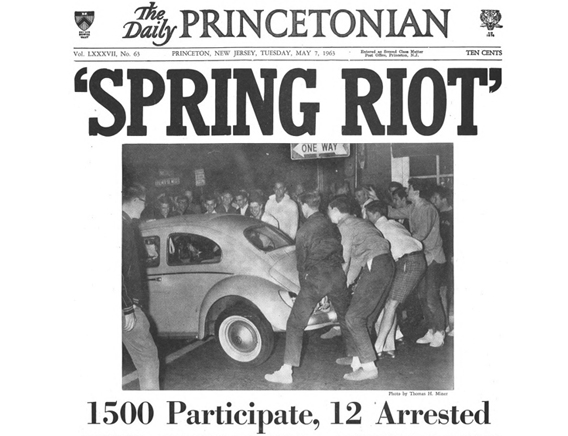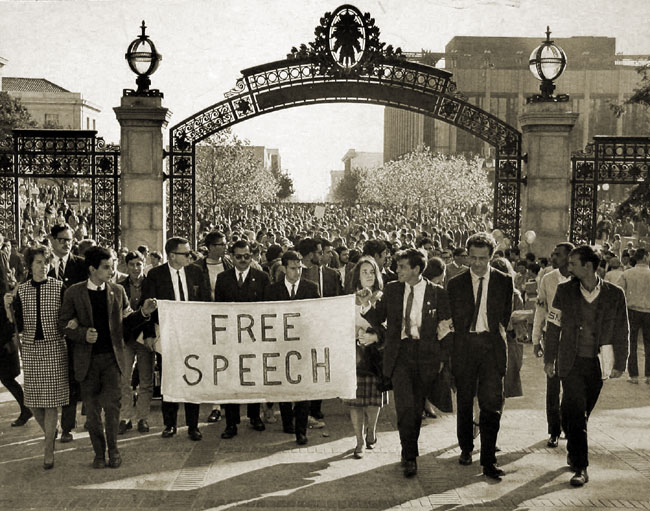Yeah, I read about dolls now. My new life. This is interesting…you know, symbolically and what not:
“Previously known as The American Girls Collection, indicating their core importance to the brand, dolls of previous eras have been officially renamed “Historical Characters” in order to give more attention to the customizable “My American Girl” (advertised as a doll that looks “just like you!”) and the annual “Girl of the Year.” These product lines offer blander avatars who reflect only the present time period and appearance of contemporary girls…
By contrast, the original dolls confronted some of the most heated issues of their respective times. In the book A Lesson for Samantha, she wins an essay contest at her elite academy with a pro-manufacturing message, but after conversations with Nellie, her best friend from a destitute background who has younger siblings working in brutal factory jobs, Samantha reverses course and ends us giving a speech against child labor in factories at the award ceremony…
Kirsten explored tensions between early pioneers and Native Americans. In Kirsten Learns a Lesson, the “lesson” may have been her introduction to manifest destiny…
With a greater focus on appearance, increasingly mild character development, and innocuous political topics, a former character-building toy has become more like a stylish accessory.”


